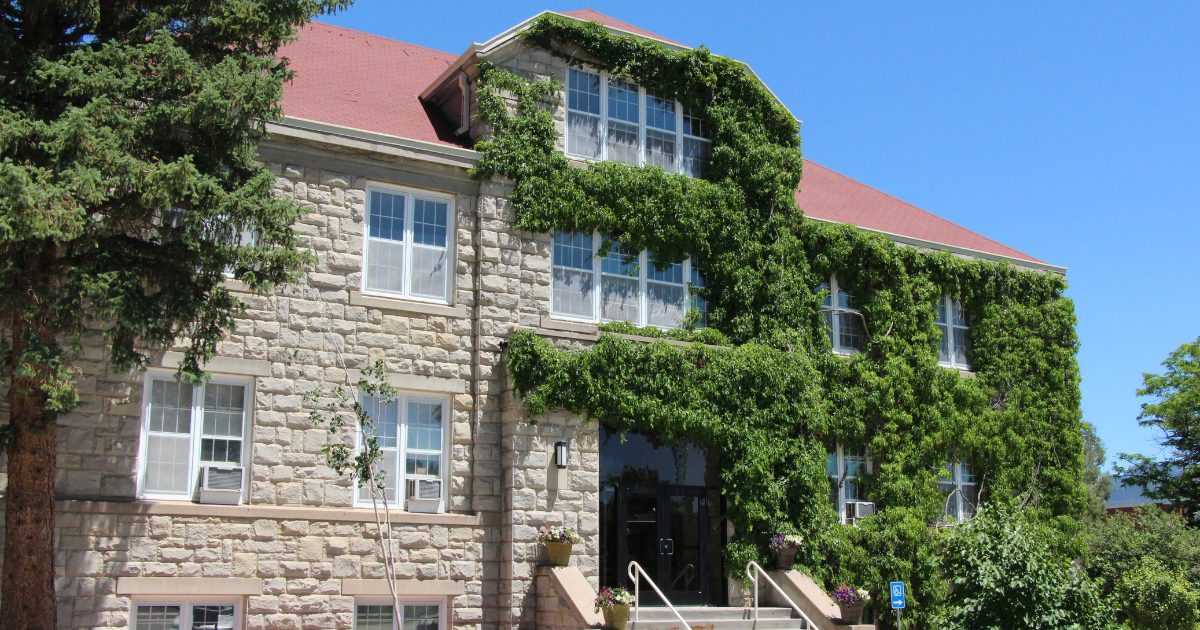We are very excited to announce that CCCS ran four bills that successfully made it through the legislative process and are on their way to the Governor for signature!
Our mission is to provide an accessible, responsive learning environment in which our students can achieve their educational, professional, and personal goals. We’re constantly striving to improve student outcomes, and legislation can be an important tool to help accomplish this.
CCCS leadership identifies legislative priorities by listening to our students and faculty, understanding challenges students may face, and having extensive discussions about solutions with a broad range of stakeholders. We work closely with legislative partners and subject matter experts to shape potential legislative initiatives.
The four bills that we promoted this session grew out of discussions that began in 2017. Here’s a little bit about how each of them will further strengthen our ability to serve community college students:
Colorado Needs More Nurses…and Now There’s a Way to Get Them!
Our biggest legislative effort this year focused on a bill that would enable CCCS colleges to offer Bachelor of Science in Nursing (BSN) completion programs. Colorado is in the grips of an acute shortage of skilled nurses, and we developed this legislation in response to requests from healthcare providers concerned about the shortage.
CCCS has fourteen existing Associates Degree of Nursing program. By allowing our colleges to offer BSN completion degrees, HB18-1086 “Bachelor of Science Degree Nursing” will greatly expand the options available to nursing students, and improve healthcare outcomes across Colorado. The bill received robust support from a significant number of individuals, including not only healthcare providers and industry organizations, but also economic development organizations, CCCS leadership, nursing students, and city and county elected officials.
Helping High School Students Get a Jump Start on College
Concurrent enrollment allows students to take college level courses while they’re still in high school. Last year, more than 25,000 high school students across Colorado took advantage of concurrent enrollment, saving $23 million in tuition costs! In 2017 we awarded approximately 1500 certificates and 350 associate degrees to concurrent enrollment students, meaning that they had these credentials in hand at the time they graduated high school. We developed two pieces of legislation to further expand and improve our concurrent enrollment programs:
HB 18-0005 “Notice to Students of Postsecondary Courses” was created to help ensure that K-12 students and their families get important information about the availability and benefits of concurrent enrollment. The bill amends existing law to require that K-12 providers send notices to parents and students that clearly communicate this information in a timely manner.
Concurrent enrollment is a wonderful option, there are many “service areas” in the state where concurrent enrollment isn’t offered by the incumbent local college. HB18-1052 “Exception To 2-year Higher Education Service Areas” will make it possible for colleges outside such a service area to offer concurrent enrollment opportunities. By allowing community colleges to go beyond the boundaries of their service territories and offer concurrent enrollment to students in underserved areas, students’ abilities to take advantage of the benefits of concurrent enrollment will vastly increase.
Making the Transfer Process Seamless
Starting a path to a bachelor’s degree at community college can save a student as much as $20,000 in tuition, and almost 12,000 students transfer from CCCS colleges to four-year institutions in Colorado each year. However, in 2017 CCCS leadership and the State Board for Community Colleges and Occupational Education (SBCCOE) conducted a Listening Tour of all 13 CCCS colleges, and learned that some community college students were encountering issues during the transfer process. Despite the existence of statewide transfer articulation agreements, many four-year institutions had been requiring transfer students to take additional courses, at additional cost, which could delay the students’ graduation by up to two years! The intent of SB18-069 “Enforcement of Statewide Degree Transfer Agreements” is to make the transfer process as seamless as possible by clarifying the requirements to which four-year institutions must adhere when admitting a transfer student with a Degree with Designation (DWD).
To get the latest updates, please follow us on our social media accounts!
Posted March 13, 2018.


